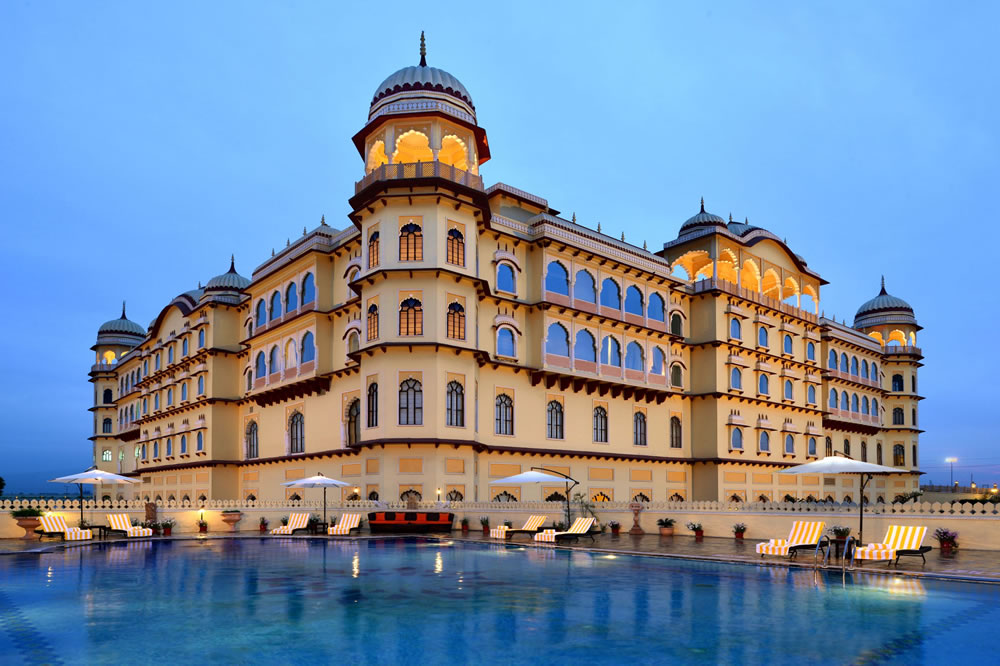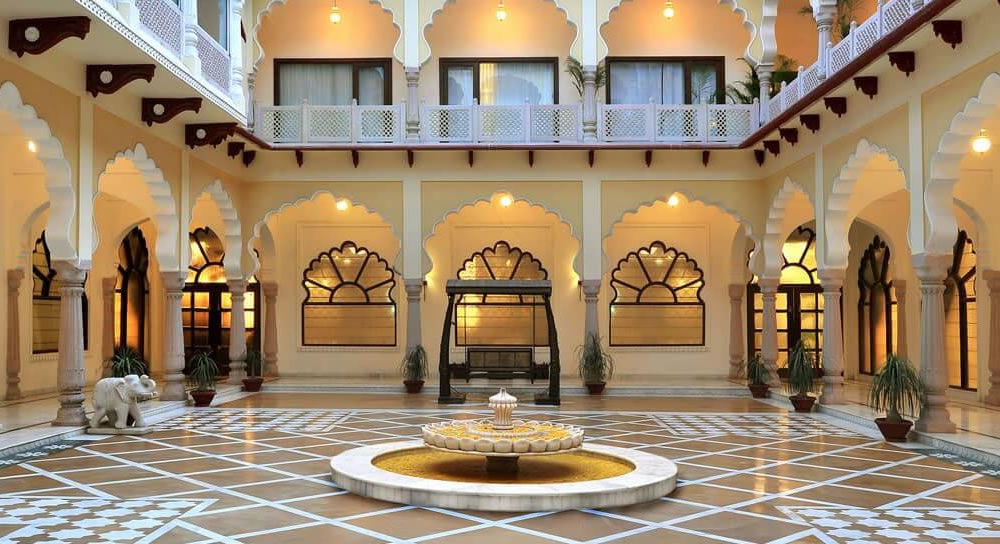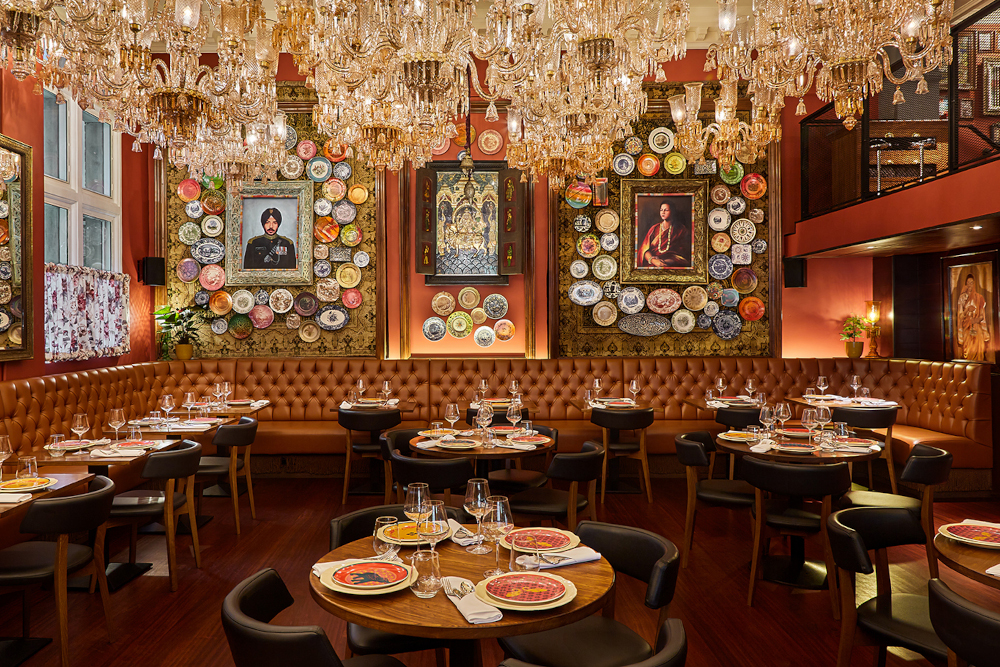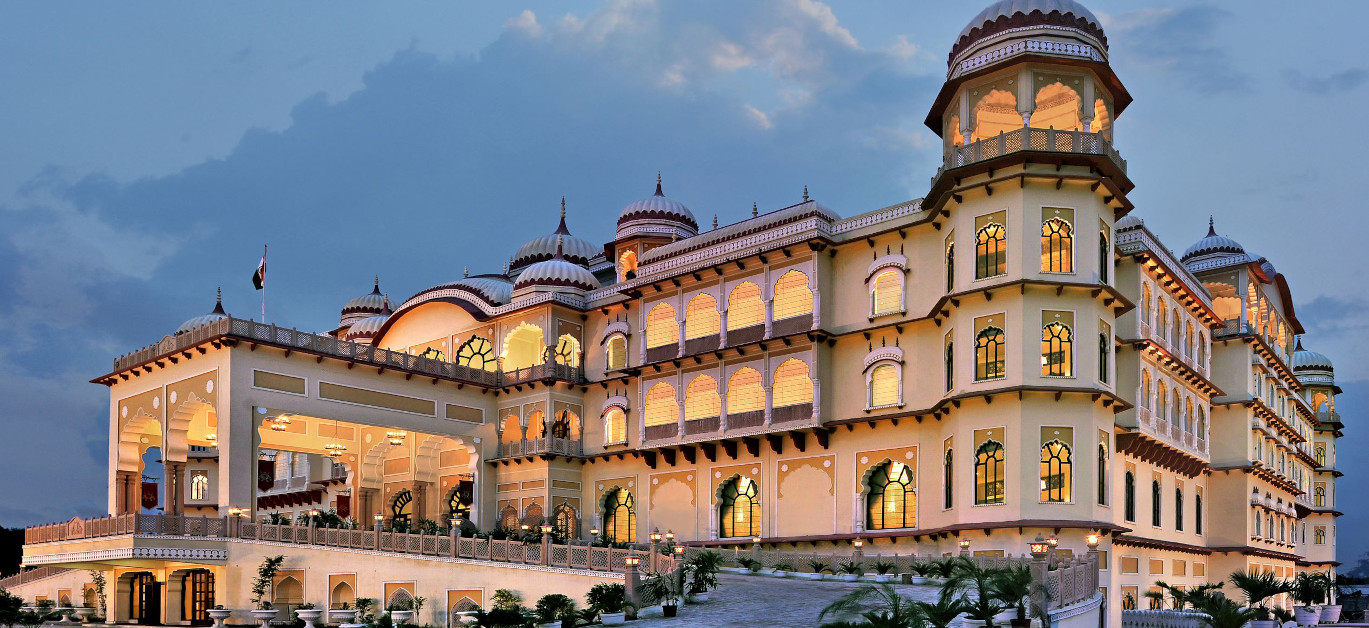Words by Roop Partap Choudhary, an award-winning international hotelier
From the opulent palaces of Rajasthan to the vibrant cities of Mumbai, Delhi, and Karnal, India’s luxury hotels have become synonymous with impeccable service, world-class amenities, and unforgettable guest experiences. India’s luxury hospitality industry success can be attributed, in part, to its unique culture of creativity and innovation, which has helped to craft some of the country’s most successful luxury hotel brands.
One of the driving forces behind India’s luxury hospitality industry is the growing number of millennials who are looking for authentic and meaningful experiences. They seek out hotels that offer something unique and memorable, beyond just luxurious accommodations. With the advent of social media, millennials are more discerning and demanding in their travel preferences. They want to explore new destinations, immerse themselves in local culture and heritage, and connect with other travellers from around the world.

To cater to this growing demand, luxury hotels in India are offering a range of services and amenities that go beyond the traditional guest experience. For example, many hotels are embracing technology and social media to connect with guests before, during, and after their stay. They are also offering personalised services and experiences, such as customised dining options, curated local experiences, and wellness programmes.
The latest growth data and industry figures show that India’s luxury hospitality industry is expected to grow at a CAGR of 14 per cent between 2021 and 2026. This growth is being driven by the increasing disposable income of the middle class, the rise of domestic tourism, and the growing popularity of experiential travel. As a result, hotels are investing heavily in new and innovative services and amenities to cater to the changing needs and preferences of travellers.
Luxury hotels are going above and beyond to attract millennials and Gen Z by showcasing their unique creativity and innovation. One such creative initiative is displaying antique and vintage car collections in their properties. For instance, the Taj Lake Palace and Rajputana Palace Sheraton Hotel both house an impressive collection of vintage cars, which guests can use for special events or private tours of the city. Taking a romantic sunset drive around the city in these vintage cars is also an unforgettable experience. Such initiatives add to the overall guest experience and make these luxury hotels stand out from the rest.

Additionally, sustainability is a significant trend that luxury hotels in India are embracing in the most creative manner. Hotels have implemented various eco-friendly practices, including water conservation, waste management, and reducing energy consumption, to reduce their carbon footprint. They support local communities by using locally sourced and organic ingredients in their cuisine. The use of solar panels and other green technologies is also on the rise among luxury hotels. By implementing sustainable initiatives, hotels are appealing to eco-conscious travellers and contributing towards a greener future.
Innovative wellness and rejuvenation packages are trending. A unique melange of luxurious stays and ancient cultural wisdom, these luxury hospitality brands are leaving no stone unturned to help guests relax, rejuvenate, heal and re-discover inner self.
Innovation today is at the heart of every unique approach for crafting authentic experiences. The industry is constantly looking for new and innovative ways to enhance the guest experience, from the latest technology to unique services and amenities. In addition to these trends, luxury hotels in India are also offering local experiences to help guests immerse themselves in the local culture and heritage. They offer a range of curated experiences that allow guests to explore the local culture, including visits to local artisans, traditional cooking classes, and cultural performances.

In addition to offering luxury amenities and personalised experiences, many luxury hotels in India are creating heritage platforms to appeal to millennials and Gen Z travellers. These heritage platforms showcase the rich history and culture of India and offer curated experiences that allow guests to learn more about the country’s traditions and heritage.
Some hotels have converted parts of their properties into museums and galleries, displaying rare artefacts and artwork. This not only attracts younger travellers who are interested in exploring India’s rich cultural heritage, but also provides a unique experience that sets these hotels apart from their competitors.
Personalisation through data is another trend that is gaining popularity among luxury hotels in India. Hotels are using data to personalise the guest experience further. By collecting data on guests’ preferences, hotels can tailor their services and amenities to each guest’s individual needs. This could include everything from room preferences to dining options and activities.

Finally, the rise of domestic tourism is driving the growth of India’s luxury hospitality industry. Domestic tourism is on the rise in India, driven by the Covid-19 pandemic, which has limited international travel. Hotels are catering to domestic tourists by offering special packages and discounts.
In conclusion, India’s luxury hospitality industry is experiencing a renaissance, thanks to a unique culture of creativity and innovation that is driving its success. By embracing the latest trends and catering to the needs of today’s discerning travellers, luxury hotels in India are offering unforgettable guest experiences that are helping to define New India’s luxury hospitality success stories.
Roop Partap Choudhary is an award-winning international hotelier, executive director of Indian luxury hotel Noormahal Palace and founder of London’s iconic Indian restaurant Colonel Saab.






















